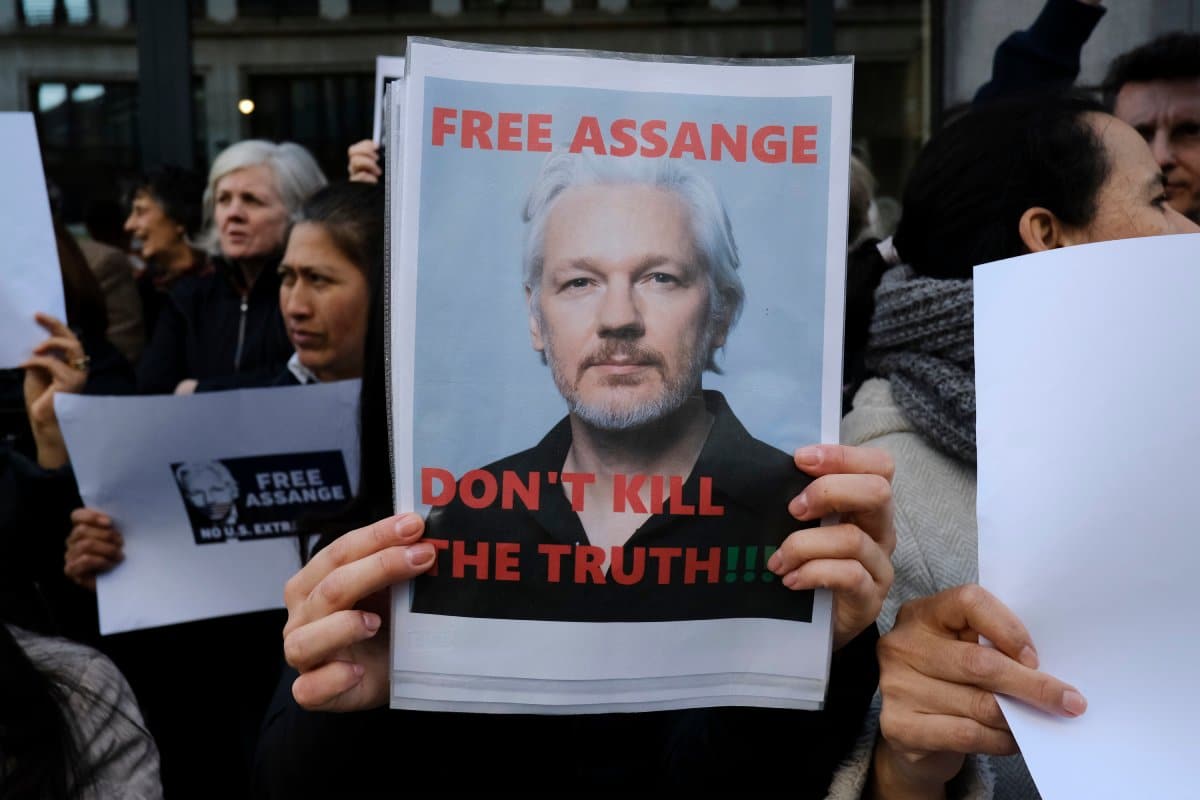The High Court has granted WikiLeaks founder Julian Assange the right to appeal his extradition to the US, prolonging his legal battle and raising complex questions about press freedom in the modern age. Here’s the full story.
High Court Drama
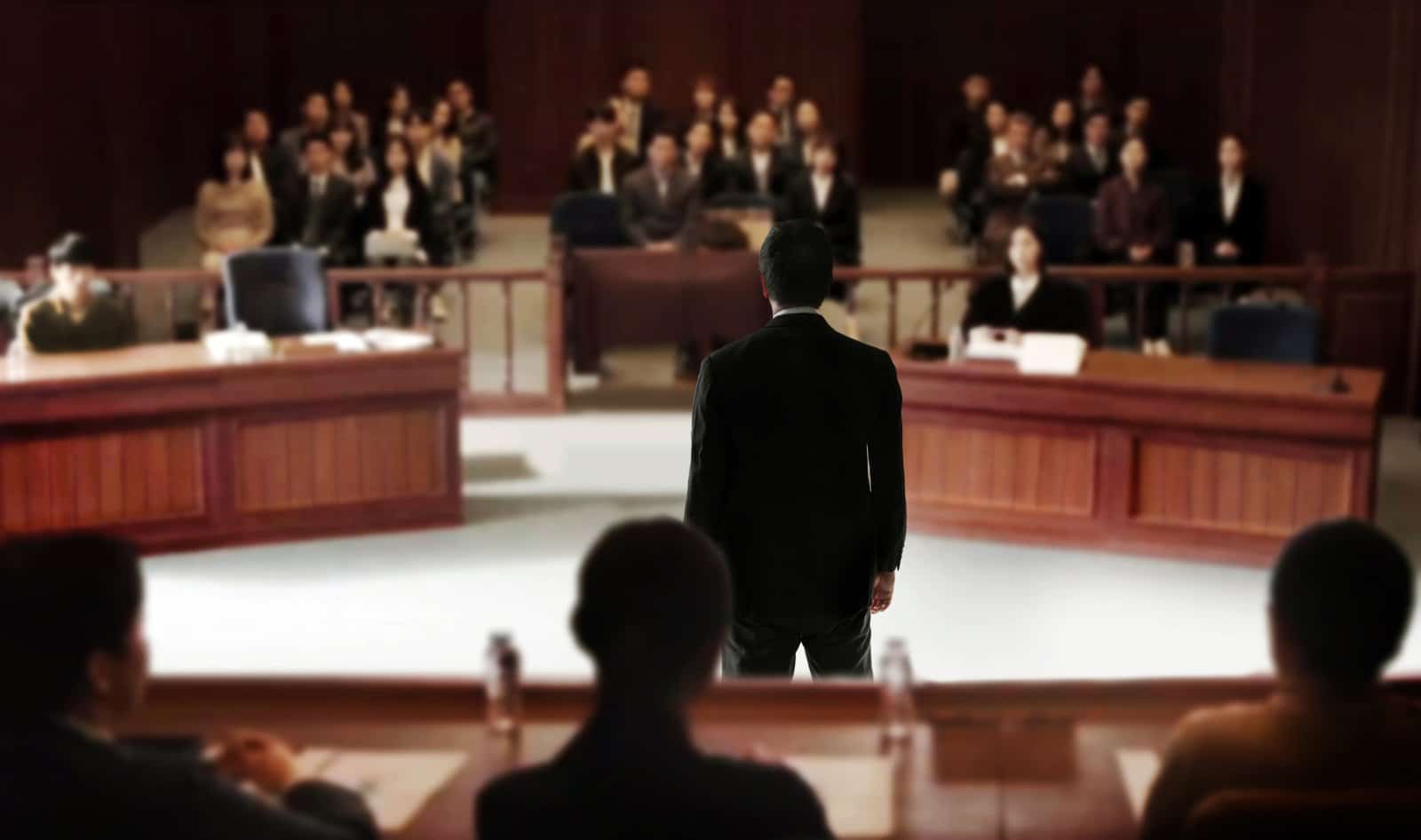
Following an incredible day of drama in London’s High Court, WikiLeaks founder Julian Assange has been granted the right to appeal his extradition to the United States on espionage charges.
Protracted Legal Saga
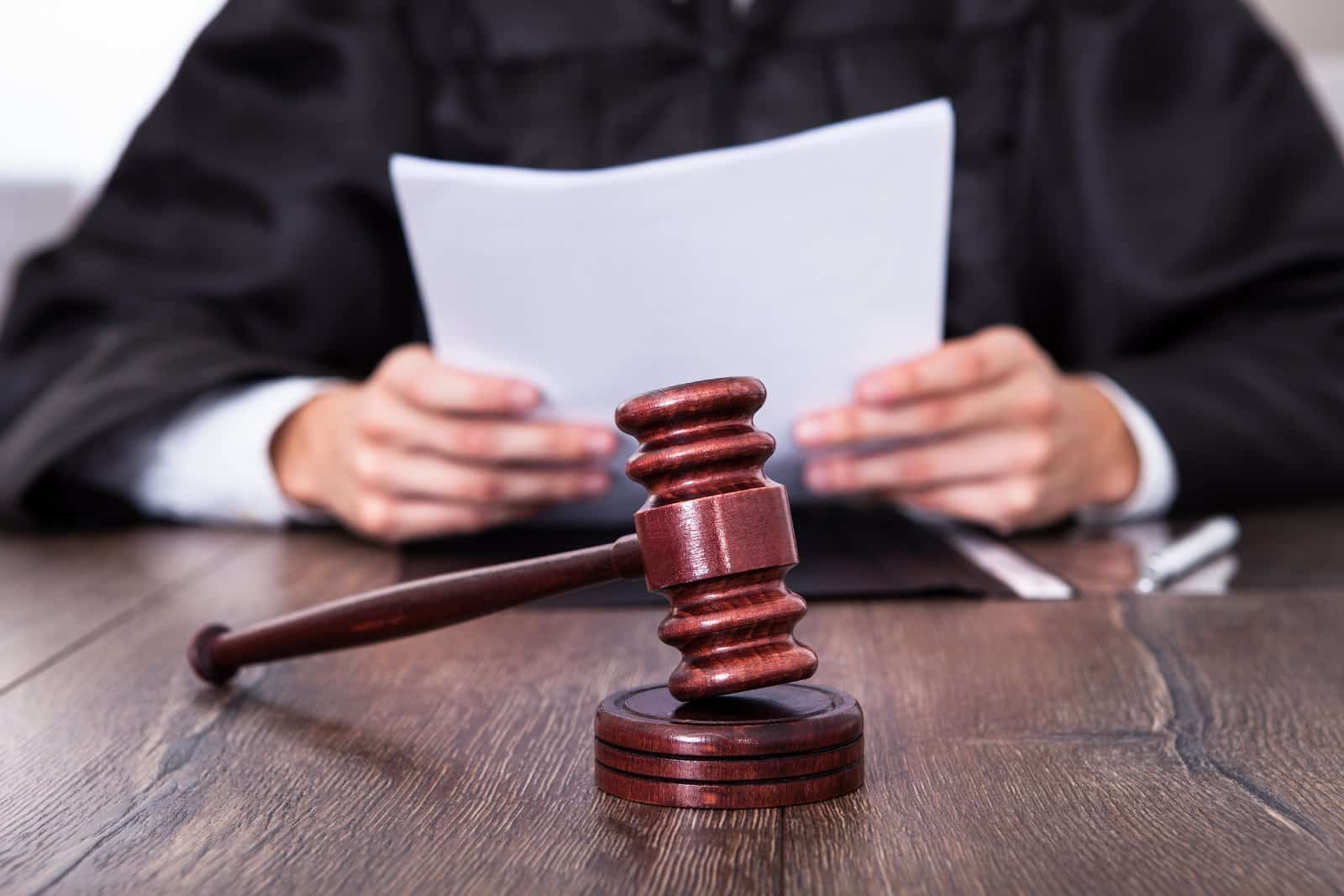
The decision, which comes after a protracted legal saga that began in 2019, paves the way for Assange to undertake a full appeal against his removal from the UK to face trial in the US.
Whistleblower or Enemy of the State?

Assange, an Australian who some claim is a whistleblower, while others claim he is an enemy of the state, has been embroiled in a legal quagmire for over a decade following the release of hundreds of thousands of classified documents about the wars in Iraq and Afghanistan through his organisation, WikiLeaks.
Highly Incriminating

The leaks were deeply embarrassing and highly incriminating of the US government, as many suggested that US forces had taken part in war crimes in Iraq, as well as taking steps not to report or cover up similar war crimes in Afghanistan.
Seven Years
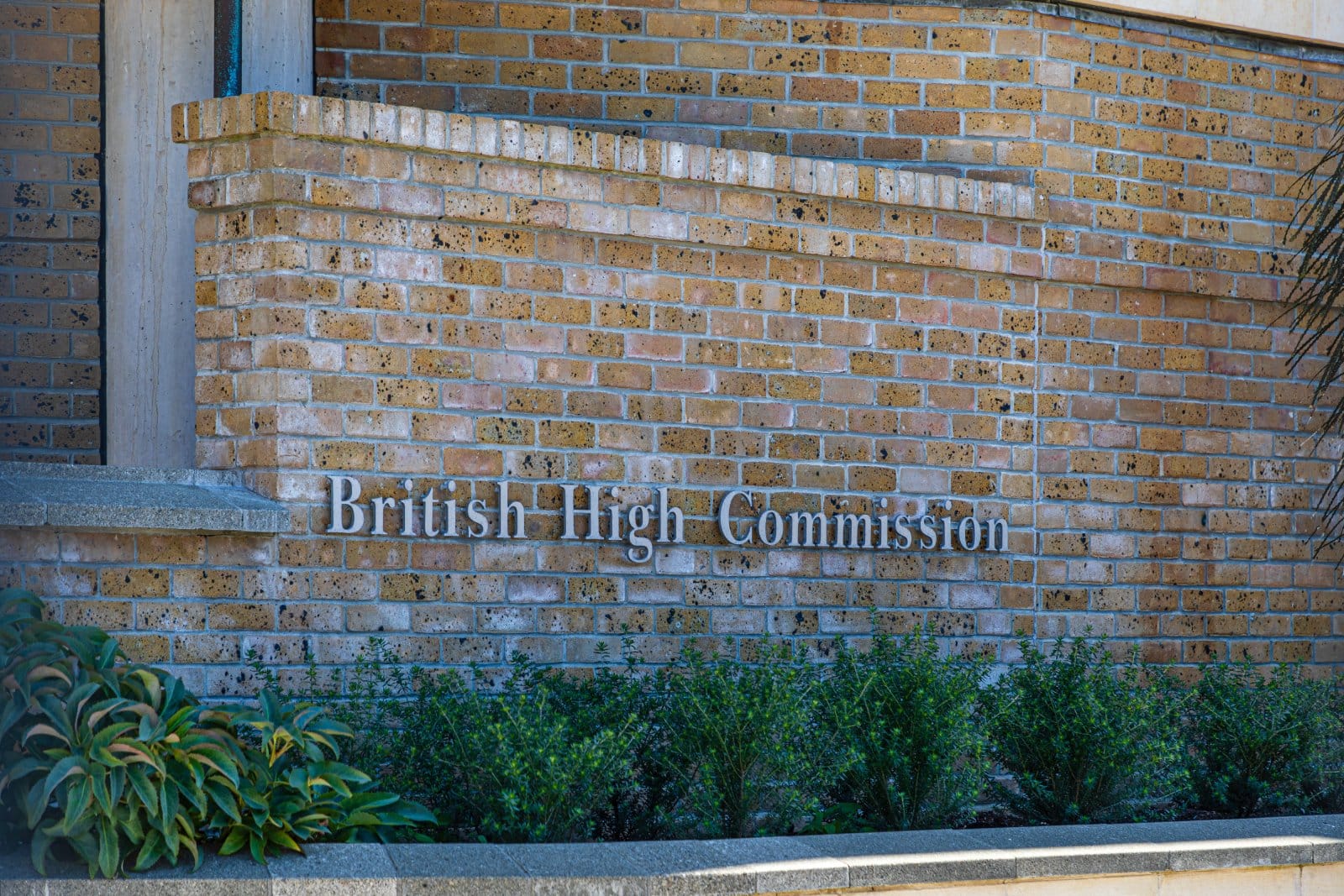
The publisher spent seven long years holed up in the Ecuadorian embassy in London to avoid being extradited to Sweden, a case which was later dropped.
High-Security Prison
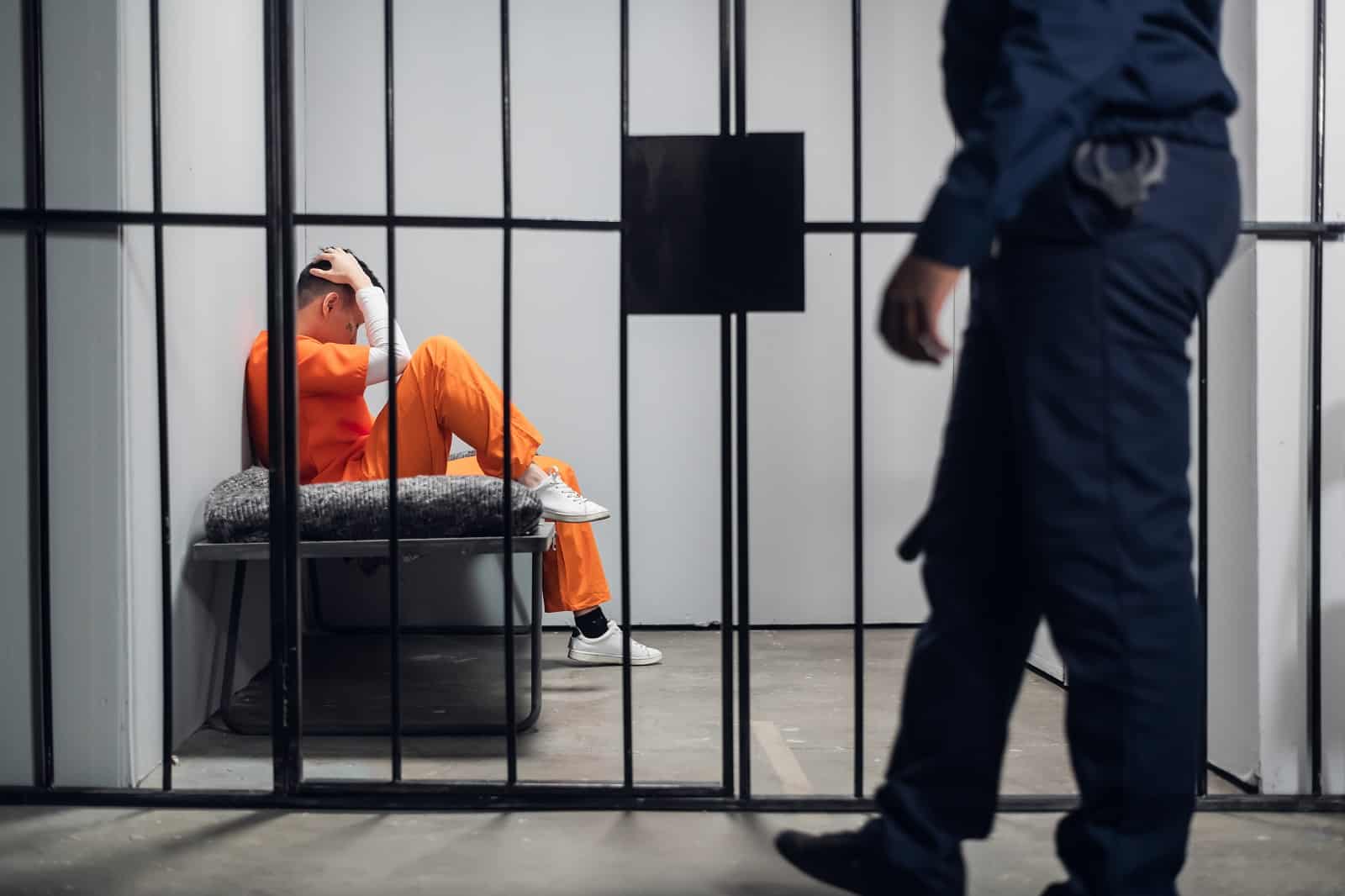
Since he left the Ecuadorian embassy, Assange has been detained at the high-security Belmarsh Prison in southeast London since April 2019, where he began another prolonged period of legal limbo.
17 Counts
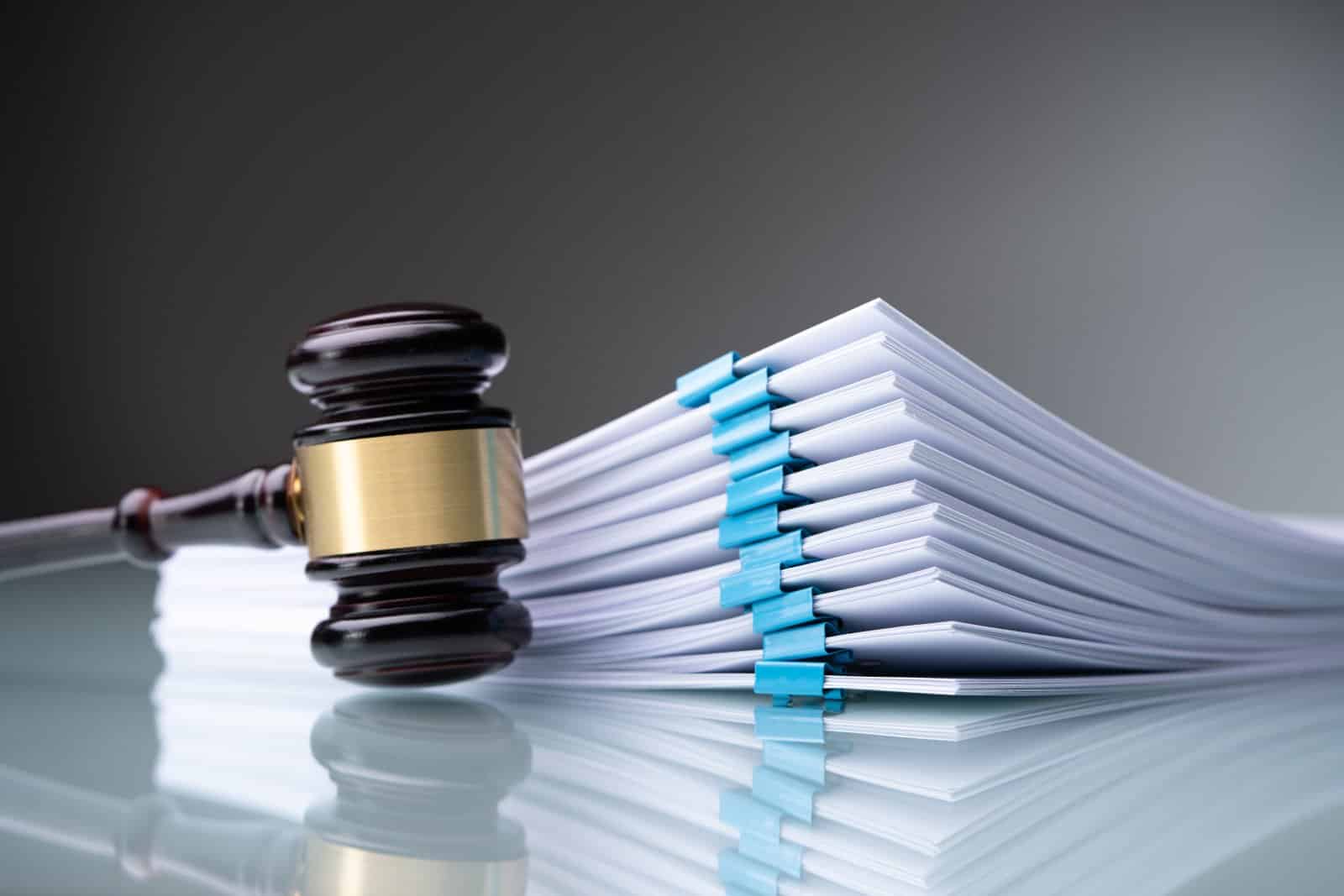
The US government has desperately sought Assange’s extradition on 17 counts of violating the Espionage Act, along with charges of obtaining secret military documents and conspiring to hack a Pentagon computer network.
175 Years in Prison

If convicted of all charges, he could face a staggering sentence of up to 175 years in prison, meaning he would surely die in prison without ever being released.
Temporary Reprieve
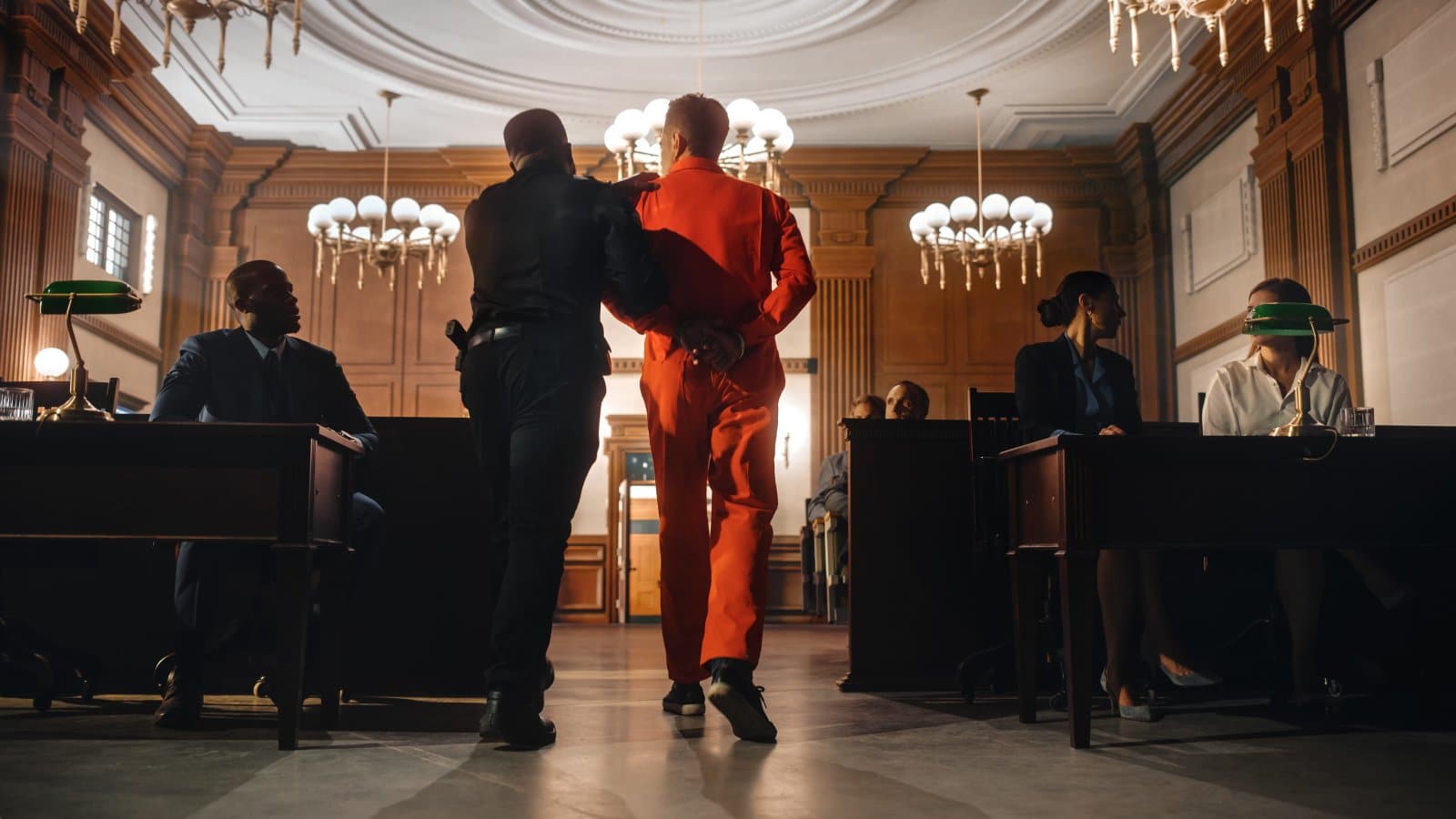
Earlier this year, in March, the High Court provided Assange with a temporary reprieve after it gave US authorities three weeks to provide “satisfactory” assurances that Assange would receive a fair trial, that his rights of free speech would be protected under the First Amendment and a guarantee that he would not face the death penalty.
Further Delay
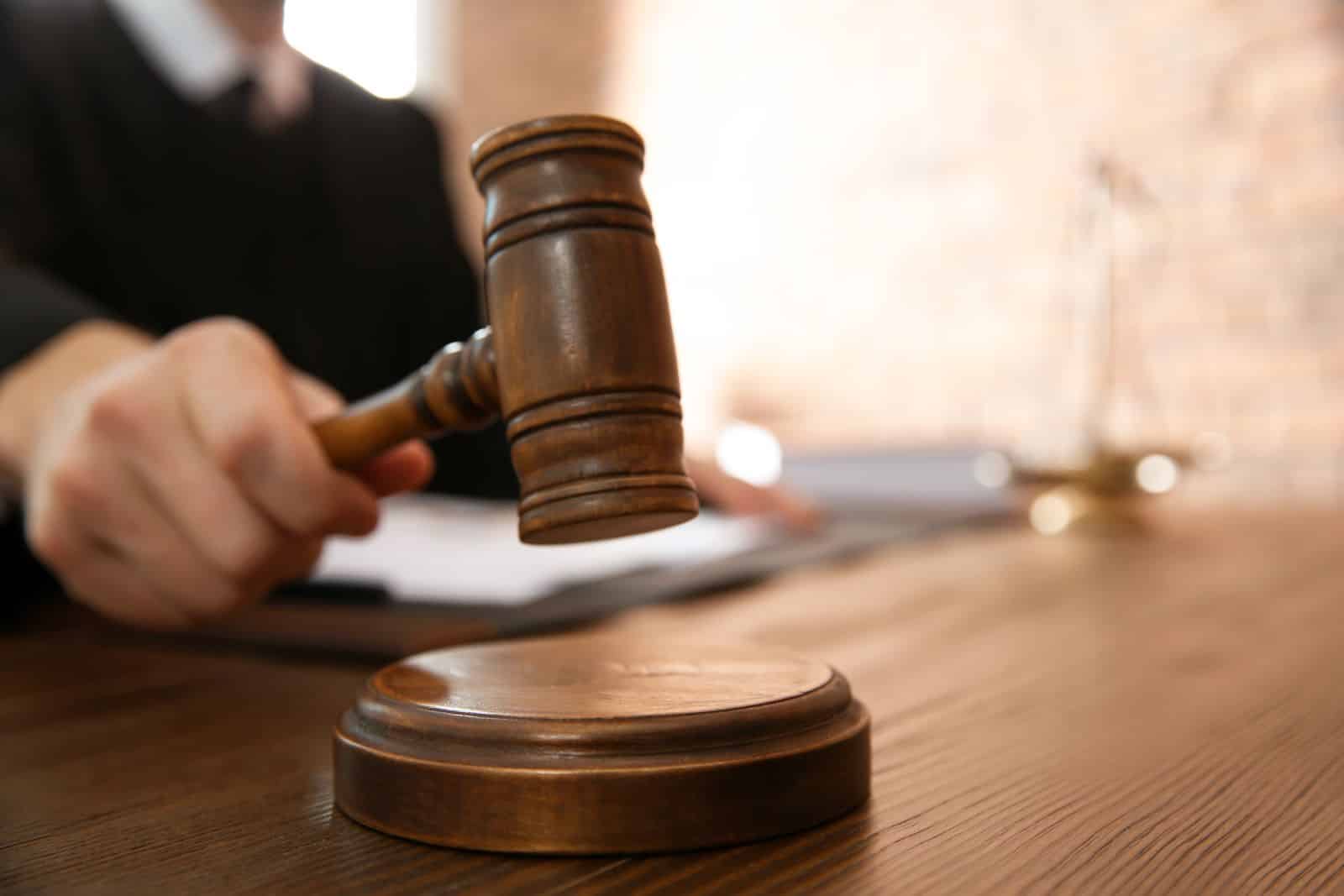
The latest ruling, delivered on Monday, extends this reprieve, further delaying any potential extradition and prolonging the legal uncertainty surrounding Assange’s fate.
First Amendment Protections
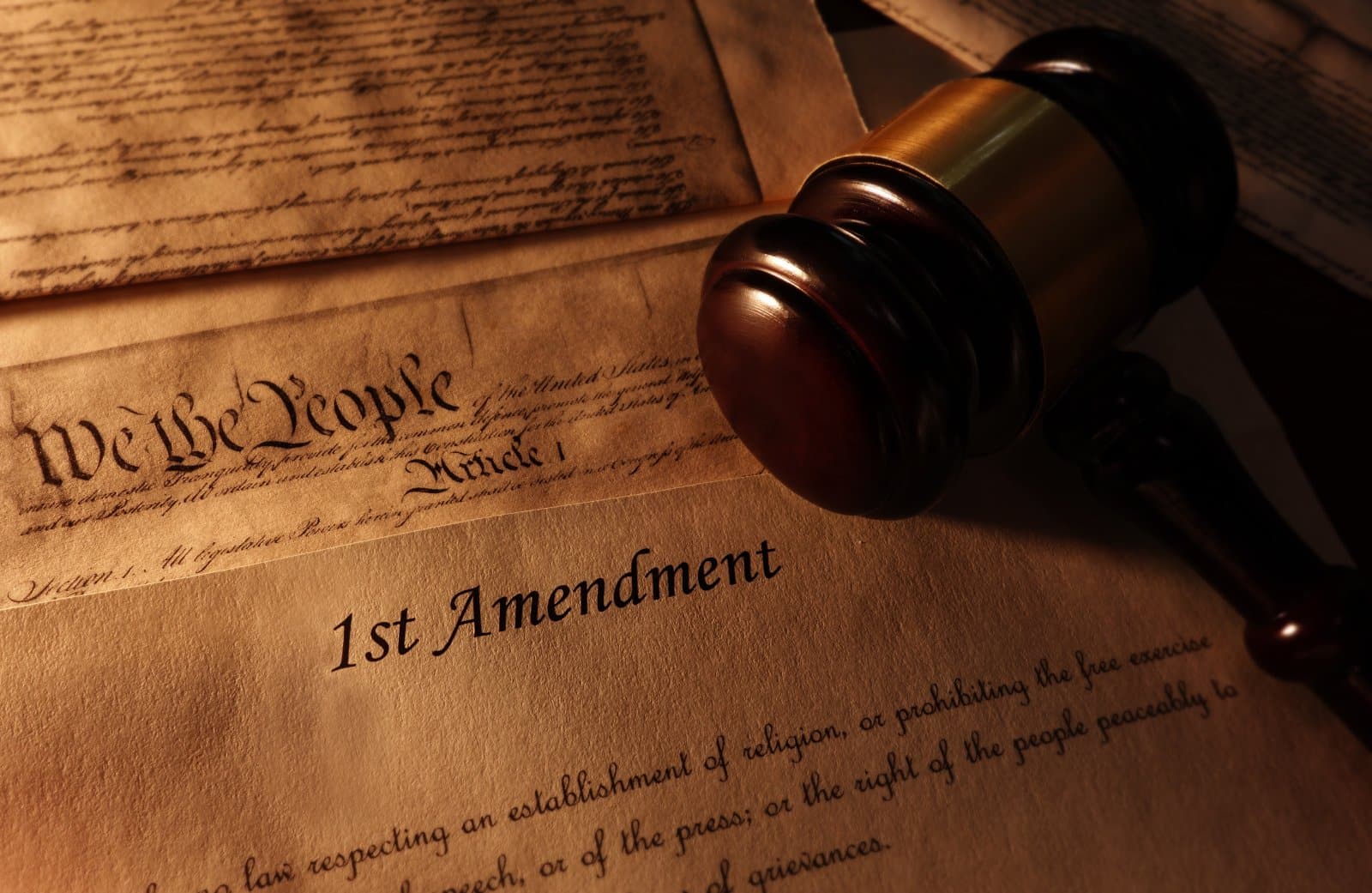
The recent decision allows Assange to challenge his extradition on multiple grounds. One crucial aspect is whether he would be afforded First Amendment protections as a foreign citizen.
Lack of Assurances
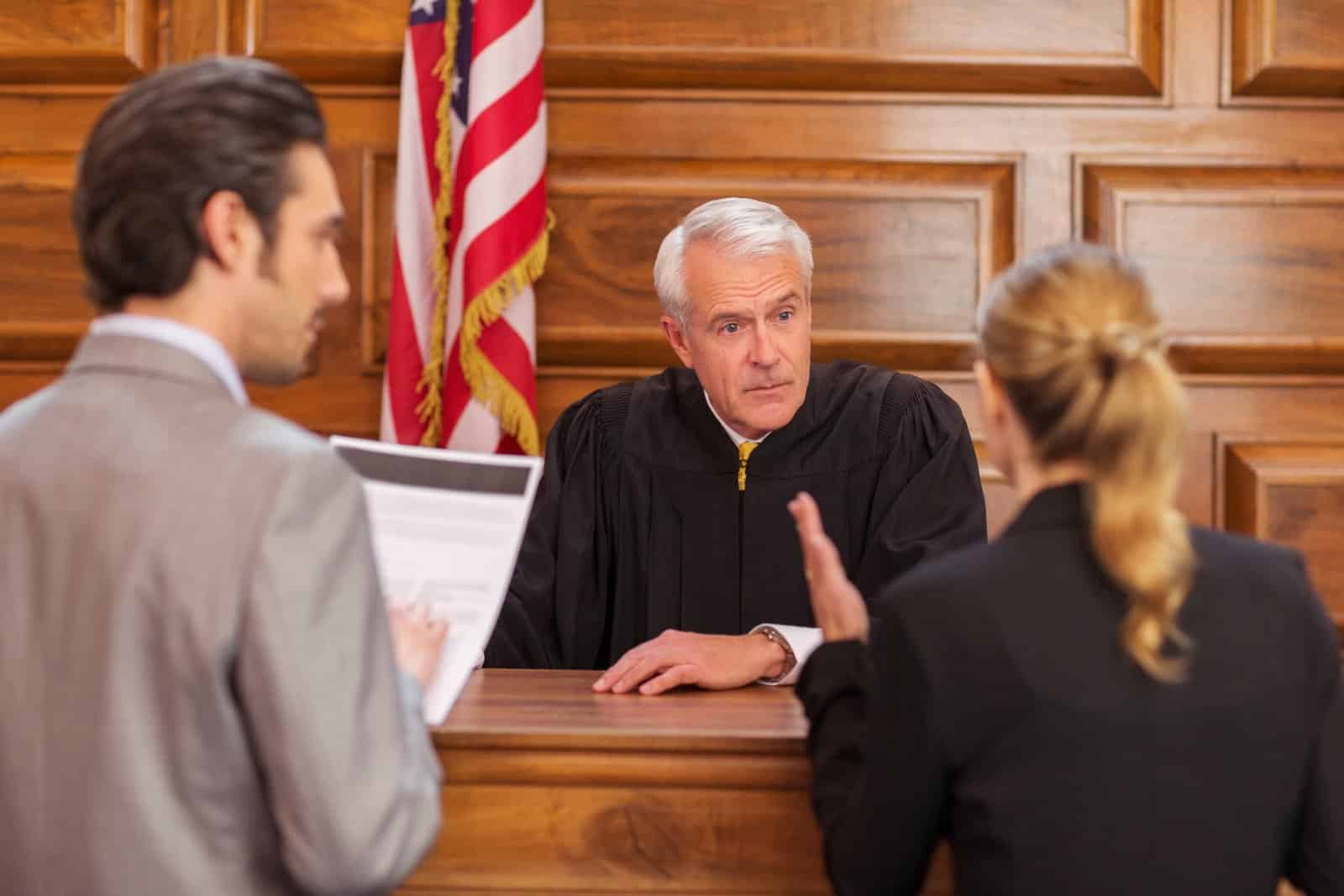
Another was pointed out by Edward Fitzgerald KC, representing Assange, who noted the absence of concrete promises from US prosecutors.
“No Such Specific Assurance”

Fitzgerald stated, “Specific promises from prosecutors are pretty common. ‘We will not object to bail. We will not seek the death penalty,’ as in this case. No such specific assurance has been given here.”
“Imminent Risk of Harm”

James Lewis KC, representing the US government, argued unsuccessfully against these points, stating, “The position of the US prosecutor is that no one, neither US citizens nor foreign citizens, are entitled to rely on the first amendment in relation to publication of illegally obtained national defence information giving the names of innocent sources to their grave and imminent risk of harm.”
“This Principle Applies Equally”
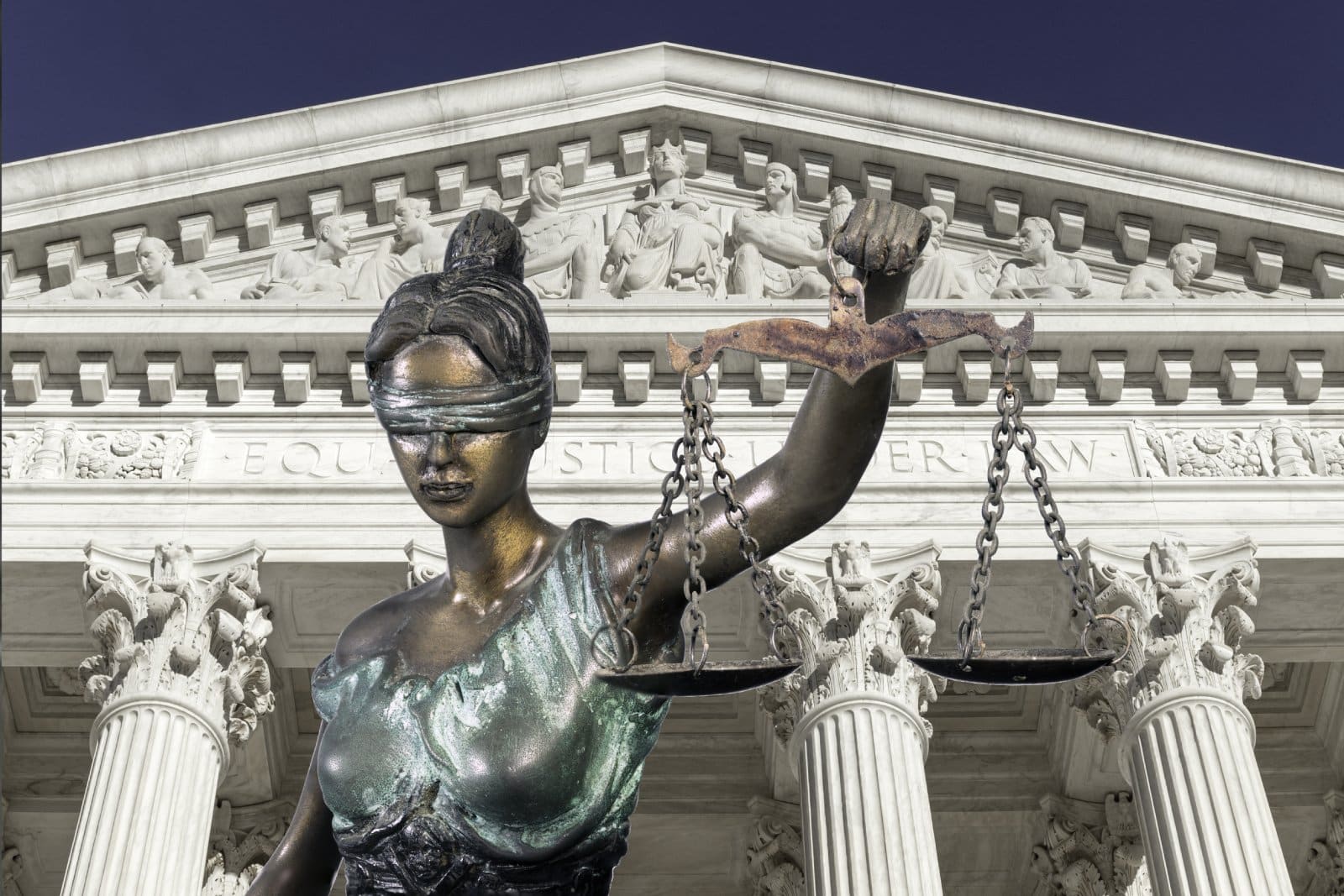
He continued, “This principle applies equally to US citizens and non-US citizens irrespective of their nationality, or place of birth, and irrespective of where the conduct took place, though it is ultimately a question of law for the US courts. The conduct in question is simply unprotected by the first amendment.”
Right to Appeal

The decision to grant Assange the right to appeal has elicited varied reactions from supporters and detractors alike.
“How Long Can This Go On?”

Assange’s wife, Stella, told reporters outside the High Court, “We are relieved as a family that the courts took the right decision today but how long can this go on for? Our eldest son just turned seven.”
“Exposing Corruption”

She continued, “All their memories of their father are in the visiting hall of Belmarsh prison, and as the case goes along, it becomes clearer and clearer to everyone that Julian is in prison for doing good journalism, for exposing corruption, for exposing the violations on innocent people in abusive wars for which there is impunity.”
“Classified Information”
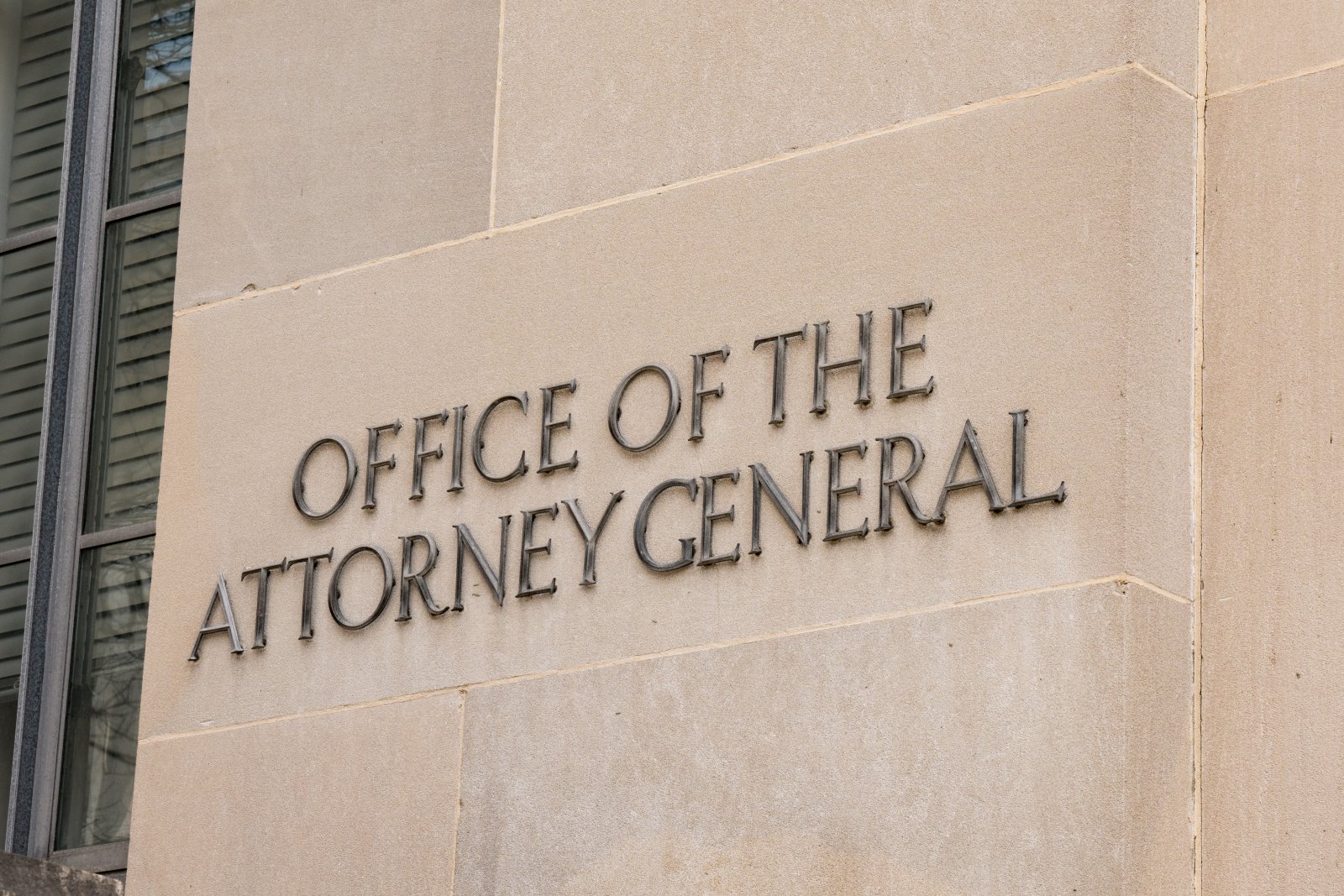
However, the US Department of Justice stated in 2019 that Assange had overseen “one of the largest compromises of classified information in the history of the United States,” which put American assets named in the leaks at “risk of serious harm, torture or even death.”
Limits of Free Speech

As Julian Assange and his legal team can now appeal his extradition to the US, the ongoing legal battle takes another unexpected turn, with the ongoing trial promising severe ramifications for free speech, government transparency and the limits of journalistic freedom in the modern digital age.
Stay of Execution?

However, whether this most recent ruling will ultimately prevent Assange’s extradition to the US or is simply a stay of execution remains to be seen.
25 Things You CAN’T Talk About Anymore
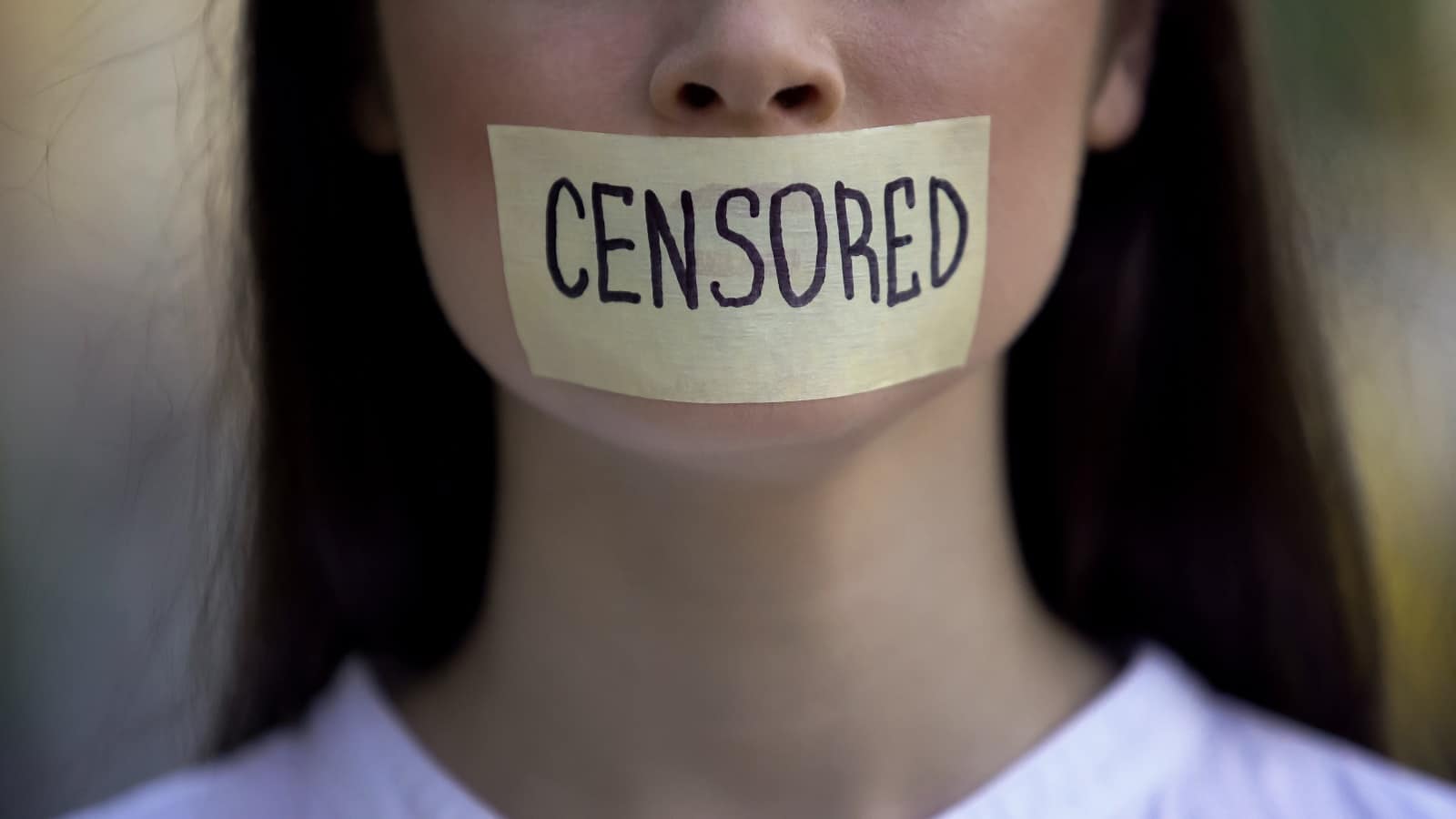
Remember the days when you could freely discuss just about anything without fear of sparking controversy? Well, those days are long gone. In today’s hyper-sensitive world, there are topics so fraught with tension that even mentioning them can lead to heated debates and hurt feelings. 25 Things You CAN’T Talk About Anymore
Stranded: 15 Worst British Cars in History
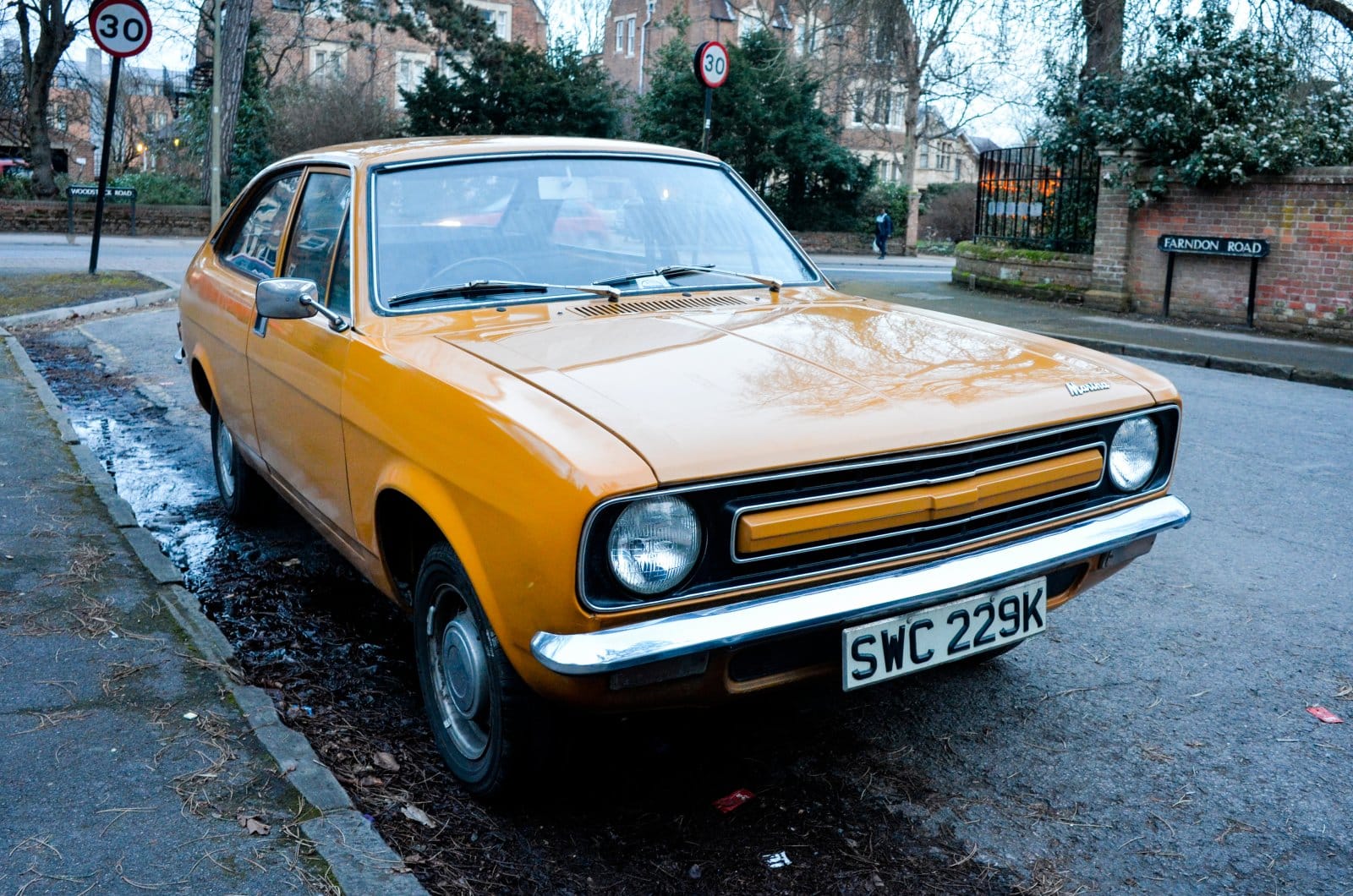
Ever had a car that spent more time with the mechanic than on the road? A car that turned every journey into a game of “Will we actually get there?” If so, you might just see a familiar face (or should we say, chassis) in our countdown to the most unreliable British car in history. Stranded: 15 Worst British Cars in History
“Britain Will Become Unrecognizable” – Suella Braverman Spells Disaster for UK Amid Steep Rise in Visas Issued

Former Home Secretary Suella Braverman has warned that Britain will become “unrecognizable,” criticizing the amount of work visas the Home Office has approved, despite only being removed from her role in November. “Britain Will Become Unrecognizable” – Suella Braverman Spells Disaster for UK Amid Steep Rise in Visas Issued
20 Things From the ‘70s That Are Not OK Today

Step into the time machine and set the dial to the 1970s, a decade of disco, bell-bottoms, and some rather questionable choices. While the ’70s gave us iconic music and groundbreaking TV, not everything from this groovy era would get a green light today. 20 Things From the ‘70s That Are Not OK Today
20 Best and Worst Universities in the UK
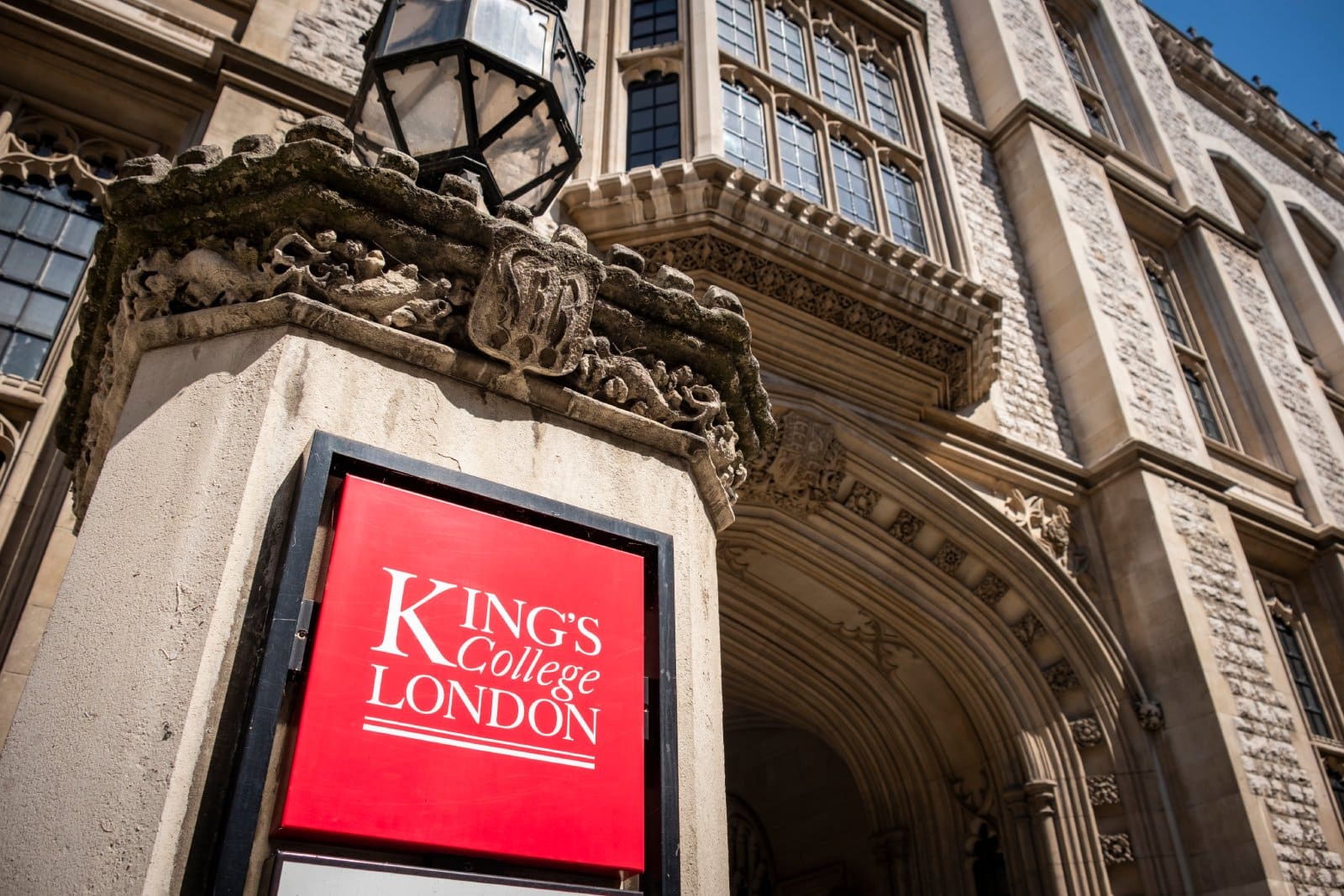
Navigating the UK university landscape is like deciphering a complex code of rankings, reviews, and reputations to uncover where you’ll not just learn, but truly flourish. Whether you’re drawn to the historic halls of Oxford or the creative buzz of Goldsmiths, finding your perfect fit is about aligning your aspirations with the unique offerings of each institution. 20 Best and Worst Universities in the UK
The post Julian Assange Granted Decision on US Extradition in Press Freedom Case first appeared on Edge Media.
Featured Image Credit: Shutterstock / Alexandros Michailidis.
Grant Gallacher is a seasoned writer with expertise in politics and impactful daily news. His work, deeply rooted in addressing issues that resonate with a wide audience, showcases an unwavering commitment to bringing forth the stories that matter. He is also known for satirical writing and stand up comedy.

